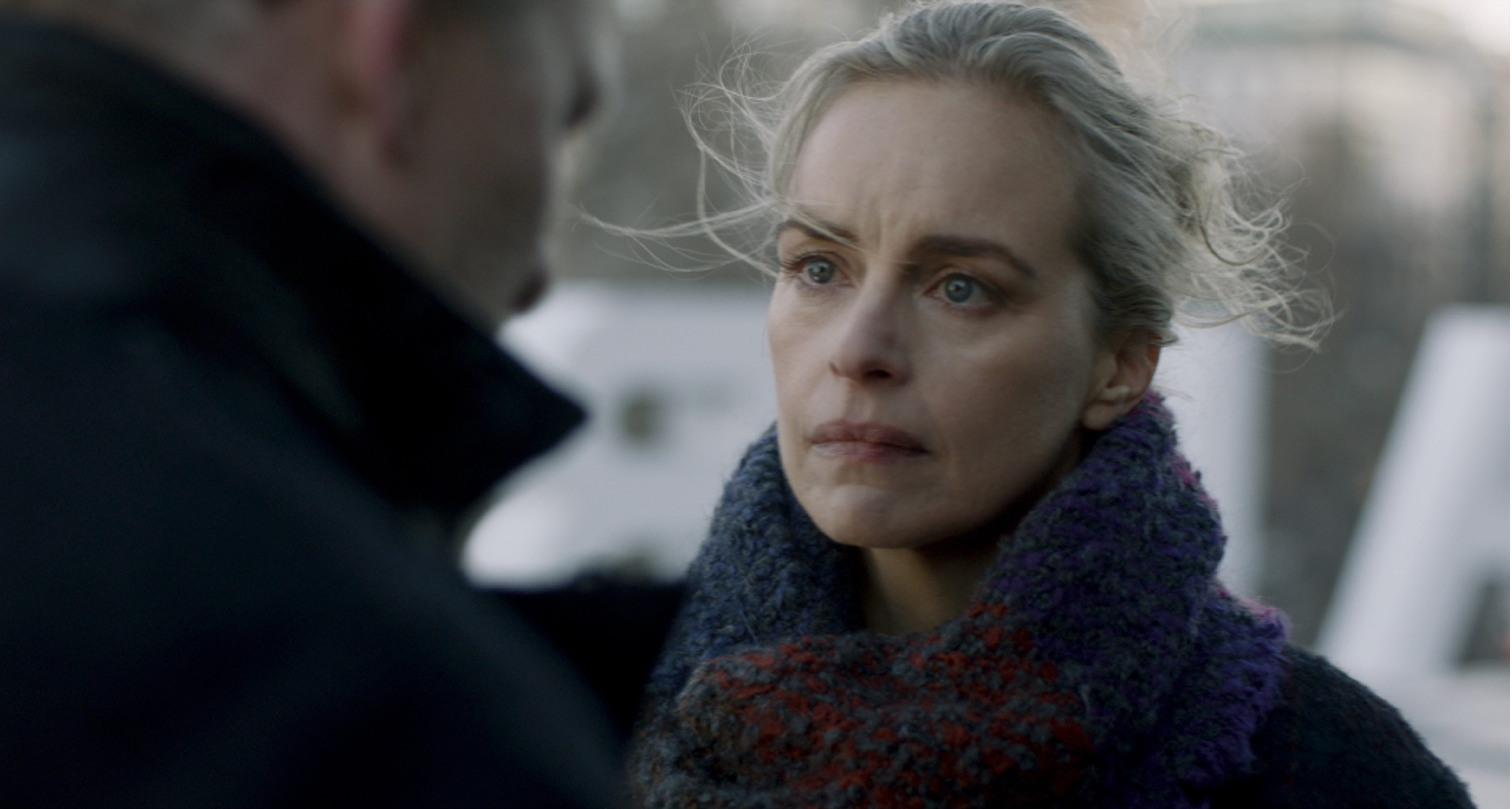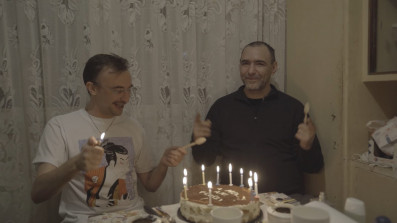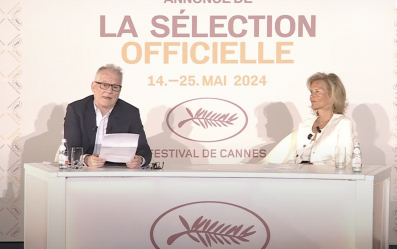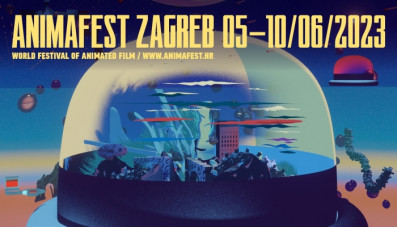
BERLINALE SPECIAL Day 5: Competition gets interesting with "Delete History", " My Little Sister" and "Siberia"
This could be a truly good year for Abel Ferrara and his newest art piece with William Defoe
70th Berlinale Competition programme got a lot more interesting with films we got on the 5th festival day. Benoît Delépine and Gustave Kervern presented their social media commentary comedy Delete History, Stéphanie Chuat and Véronique Reymond brought a heartbreaking family drama My Little Sister, while Abel Ferrara amazed and shocked audience and critics with his latest psychoanalytical dream drama Siberia (link for a separate review).
Delete History, a film by French comedy duo Benoît Delépine and Gustave Kervern, set in a provincial, sleepy suburb follows three Gen X-ers underdog friends sick of all the CAPTCHA’s, upgrade-to-premium-account offers and all the other painstaking idiocracy that online experience brings.
The first of the friends Marie – starring Blance Gardin – has a strange sex tape that she wouldn’t like her child to see, then there is Christine – starring Corinne Masiero – is a one-star uber driver that just freaks out every single one of her customers and the last of them Bertrand – starring Denis Podalydes- is a caring father that wants to bring to the end cyberbullying of his teenage daughter, that doesn't really get how his behaviour might have affected what is happening to her. The trio is sick of it all, and they are ready to change this broken world of sensation and quick dirty online scams.
Truth to be told, as much as the premise of the film is a fertile ground to build a social commentary comedy there is just something that director duo Delépine and Kervern are missing out here. The thing they are missing is that their protagonists are crushed by the time, selfish Gen X, representatives that are struggling to admit the world is changing.
In a painstakingly long 110 minutes runtime, this cheap and monotonous comedy takes all the social media stereotypes and blends them into the egoistic voyage of Gen X-ers. Nevertheless, as dull as Delete History is it also feels familiar and relatable more than anyone viewing it would like to admit.
German director duo Stéphanie Chuat and Véronique Reymond in their latest film The Little Sister are subverting the overly drained "patient-on-a-deathbed" narrative and building up a powerful and sensitive family drama.
The film follows Lisa - starring Nina Hoss- caring and strong artist that has lately been pushing away and neglecting her career of ambitions and wonderous playwright from the Berlin art scene and switching it for a safe path of teaching at private university in Switzerland with her husband Martin - starring Jens Albinus. As her twin brother Sven - starring Lars Eidinger- falls ill from leukaemia, Lisa goes back to Berlin to take care of him.
The Little Sister is a character-driven drama, with every interaction pushing around and building upon a group of greatly delicate characters that might shatter at any possible moment.
The character of Lisa, on its own, is worth the admiration with the level of detail that went into building her story, especially because she is trying to stay in the background frequently in the first act of a film. Her role is mostly to serve others and build piece and balance everywhere around, but trough this it is hard to see her as neglected one, but rather as the one that is trying to control and shape people and events around her, for their own good.
The narrative course of her brother Sven, on the other hand, goes from superstar theatre actor living a dream, to towards more subtle, and mostly unacknowledged role of a selfless man who has come to peace with himself and the world.
As much as The Little Sister is an affectionate family story, it surely has a subcontext of societal values and the system of worth perceived on the west. The whole strive for being better/ control your surroundings/ push yourself above your limitations/ accept what gives you wealth and security mentality presented throughout the characters of the film seems rather specific for Germans. So in a sense, a film could be read in this key, what do all of these things give you, when you are getting closer to the pearly gates?
Overall The Little Sisteris one of the more significant entries in the competition programme of 70th Berlinale. It is emotional and also a highly psychological film that takes a handful of characters, puts them in the presence of lurking dead and makes them act and react, try to make them refuse and finally to make them cope with the timid mortality.















